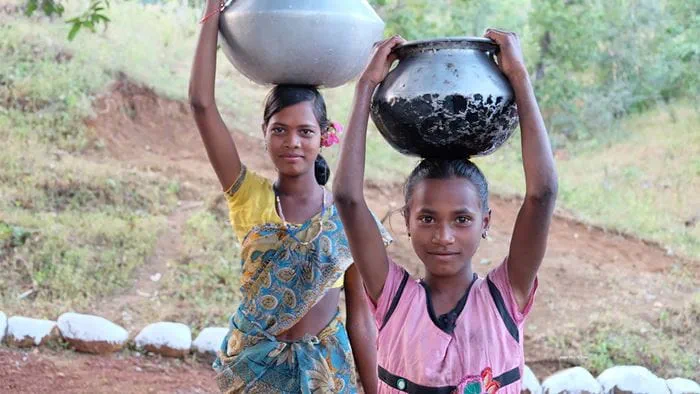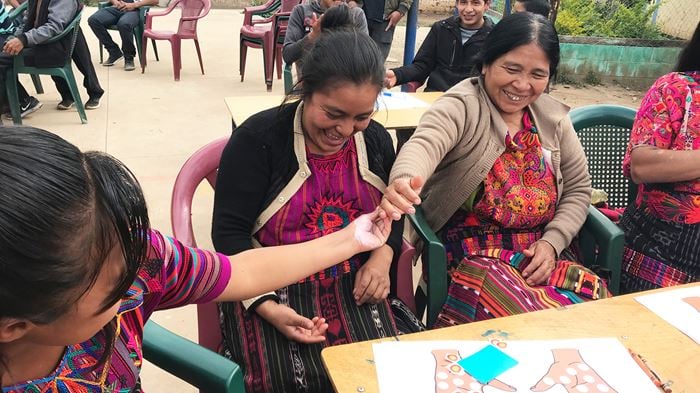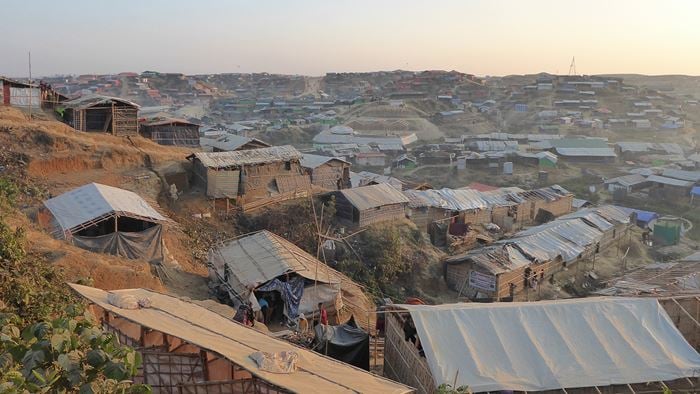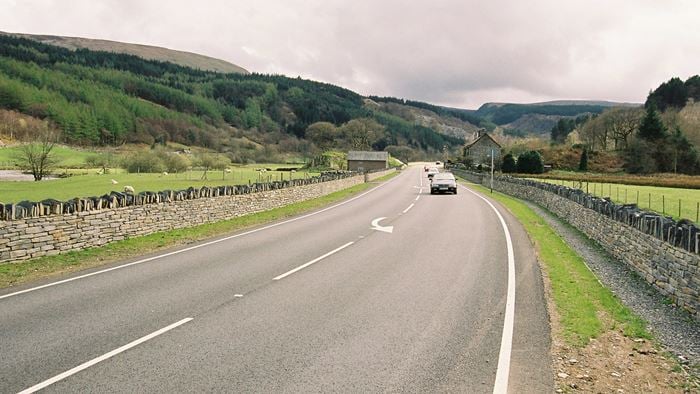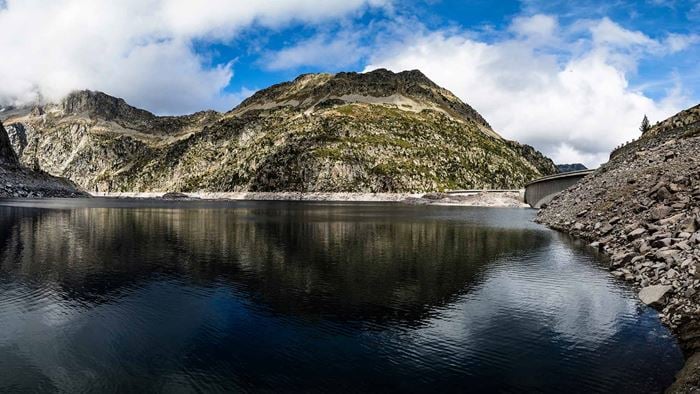Alongside the NGO ONGAWA Engineering for Human Development, and as part of our community engagement Global Challenge, which supports projects aligned with the UN Sustainable Development Goals, we are increasing the coverage of drinking water and sanitation in a rural area of the District of Manhiça in Mozambique, where water coverage is one of the lowest in the world.
Finding clean water can be a challenge in Ilha Josina Machel in Mozambique. Just 80km north of the capital city Maputo, it is an area with water coverage of just 41% (compared to 91% world average). Women and children walk great distances to fetch water from manual water pumps and open wells. Increasing the accessibility of safe water and sanitation for rural communities has a range of positive effects. The project aligns with UNSDG6 and contributes to SDG1, SDG3, SDG4 and SDG5.
Reaching 100% water coverage
A population of around 9,500 people was supported by just 26 water points, many of which were found to be unsuitable or contaminated, risking saline intrusion and the spread of disease.
We increased water coverage in the area from 41% to 100% by installing boreholes and pumps in the most vulnerable areas. The area also lacked adequate sanitation, with only 7% improved sanitation coverage. Improved sanitation is defined as ‘adequate pit latrines’.
The project increased the percentage of improved sanitation to 37% by financing the construction of latrines for the poorest families and helping local businesses to develop their latrine construction activities. This percentage is expected to rise over the next couple of years as the latrine construction develops further, supported with continued hygiene promotion. In the six schools of the administrative area, the ratio of pupils per latrine was 111, much higher than the acceptable access ratio of 25 to 50. We worked on the design and construction of additional latrines to increase the service at local schools, bringing down the ratio to less than 50.
Project Summary
9,500 people to benefit
15new water points
< 50school children per latrine
Mitigating increased flooding risk
Over the last few years, the effect of climate change is being seen in Mozambique’s rural areas with more frequent intense rainfalls causing widespread flooding. The resulting higher water tables lead to an increased risk of contaminated water points, as latrines and other sources of pollution are more likely to infiltrate the ground and mix with the water. The hydrogeological context of the area makes the problem even more complicated with the presence of saline water, which can be toxic to people and plants.
Our WASH project in Ilha Josina Machel considered these adverse effects of climate change and adapted sanitation solutions to flooding.
Working in partnership
A key aspect of the Global Challenge is the importance it places on empowering and enhancing the development of local partners. In Mozambique, Arup has introduced the usage of Environmental Impact Assessments which concentrate especially on aspects of climate change resilience.
In addition, the team has provided training to ONGAWA on how to employ tools such as Ph meters. Our team worked with local communities to develop skills around the construction of latrines and the maintenance of the boreholes, while teaching residents complementary hygiene and sanitation practices. This diverse and multifaceted collaboration between the two organisations has been very positive for all involved.
“Arup’s collaboration is an outcome-oriented alliance where both organisations are committed and each one contributes with their capabilities and resources. For us, this creates a much more effective, agile and decisive collaboration. ” Belén García, CEO, ONGAWA
Overcoming technical challenges
High water tables are causing another serious issue: the water catchment is easily contaminated by poorly constructed latrines, often leading to the spread of diseases. 25% of people lived without any sanitation facilities, suggesting a high open defecation rate.
Arup in collaboration with ONGAWA designed the prototypes of sustainable latrines for 200 families and help with the construction. The problem-solving ability of the team produced solutions that may have wider impacts. The team of technical experts designed a network of elevated latrines which circumvent the issue of an exceptionally high-water table. This innovative design has the potential to be rolled out across similar topographies in other parts of the developing world.
Sharing knowledge
Arup’s specialist skills (hydrology, hydrogeology, EIA, water sustainability) combined well with the NGO’s strong relationship with stakeholders and local knowledge. The Arup team commented that “Sometimes they struggle to find funding for that part (technical) of the project…so they really liked the way we think about those projects and the global challenge programme”.
Co-developing ideas with potential into solutions with global impact
Work alongside us together with communities to improve the lives of the vulnerable and marginalised while tackling systemic challenges. As part of its community engagement global challenge programme, Arup brings together people from many disciplines to work collaboratively on local solutions to urban and rural challenges that can deliver meaningful outcomes and a positive impact.
Contact us at [email protected]
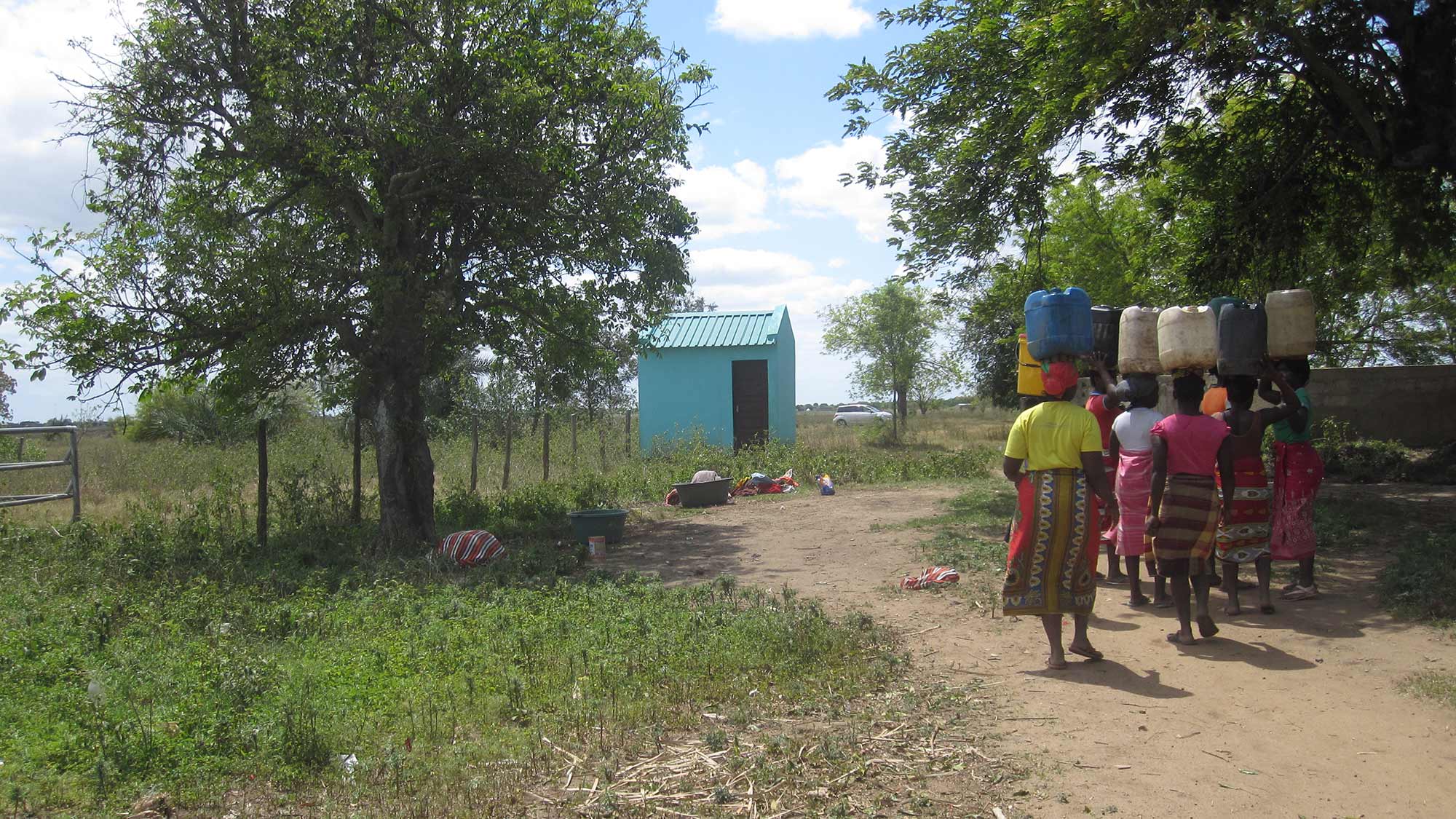 ;
;

